
Marriage continues to change and decline in Ireland as the latest figures from the Central Statistics Office show. Fewer marriages are taking place, fewer are taking place in churches, more are taking place between people who were married before and are now divorced, and couples are older when they marry. Same-sex marriage is now permitted....

By David Quinn Lately I’ve been reading a book called ‘Science and the Good’ which is about the failure to discover a scientific basis for morality. To cut a long story short, dispense with religion and the idea of God, then it is very hard, if not impossible, to declare that anything at all...

The newly agreed Programme for Government includes a commitment to impose ‘exclusion zones’ which would stop even silent pro-life vigils outside hospitals and GP surgeries where abortions take place or are facilitated. This is an extreme measure and, as a national law, would be unique in Europe.The Programme includes other measures of concern (see below). For example, it promises yet another...
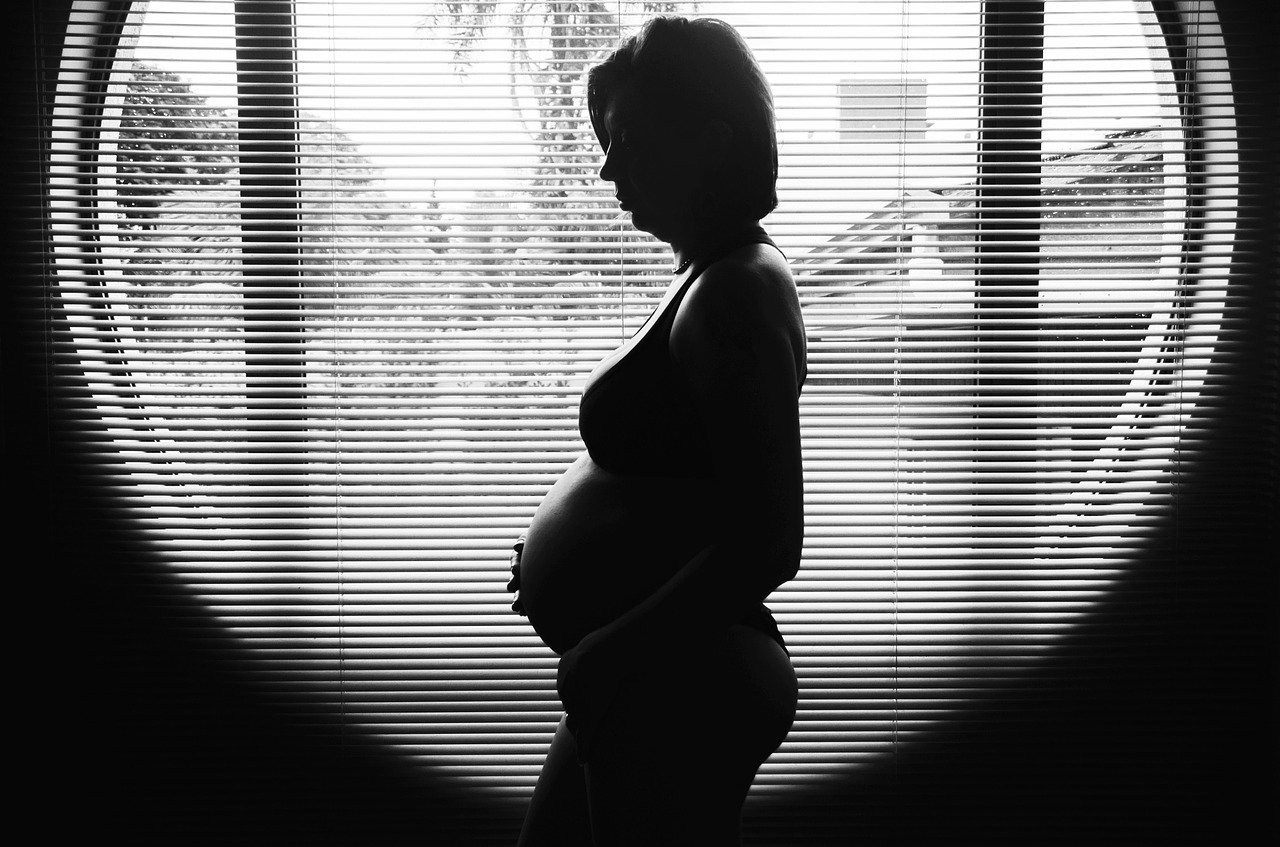
Abortion has been legal in Ireland since January of last year so we would expect a dramatic decline in the number of women travelling from here to Britain in order to obtain an abortion. This has indeed happened. Official figures, just released, show that 375 Irish residents had an abortion in England and Wales in...
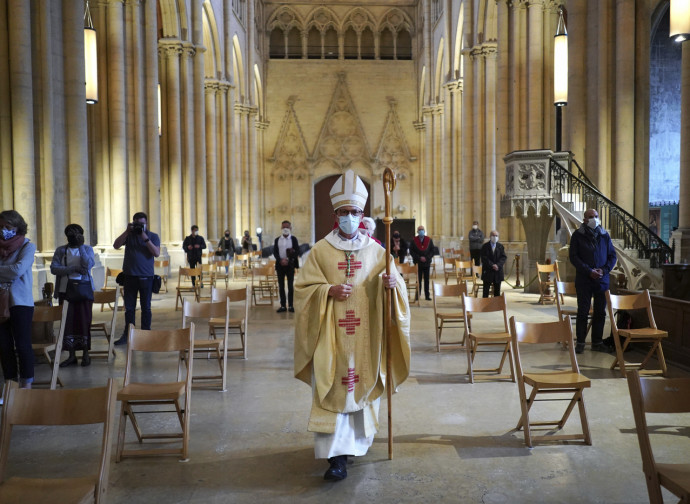
Prayer and online religious practice have increased in the island of Ireland during the Covid-19 pandemic, according to a new report. “Many faith leaders described an increase in religious practice, linked to moving online. They observed surprising numbers of people tuning in for worship services and other events, noting that people who would not have...

Too much or too little are two ways of doing something wrong. A well-meant action can go bad because of an excess of it or a lack of it. Courageous gestures, for instance, lie between excessive fear and recklessness. If we consider risk, which is a common and inevitable element of life, what is too...
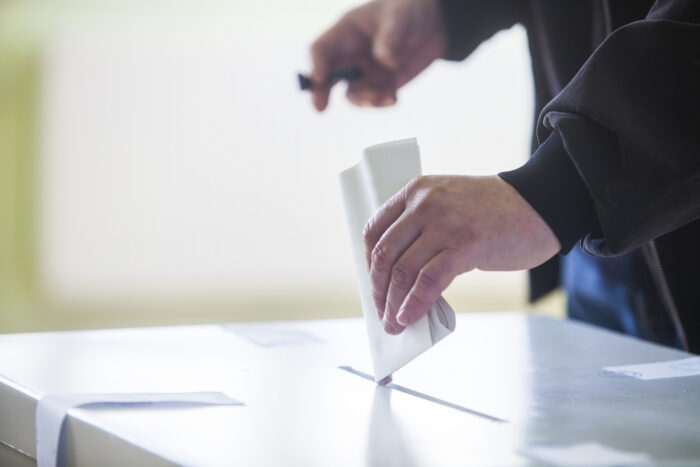
By Jim Stack MSc PhD Two years after the abortion referendum, I found myself thinking quite a lot about how that referendum result came to be. A big part of the explanation was, of course, the relentless pro-abortion bias in media coverage of the issue, stretching over most of the thirty-five years of the Eighth...
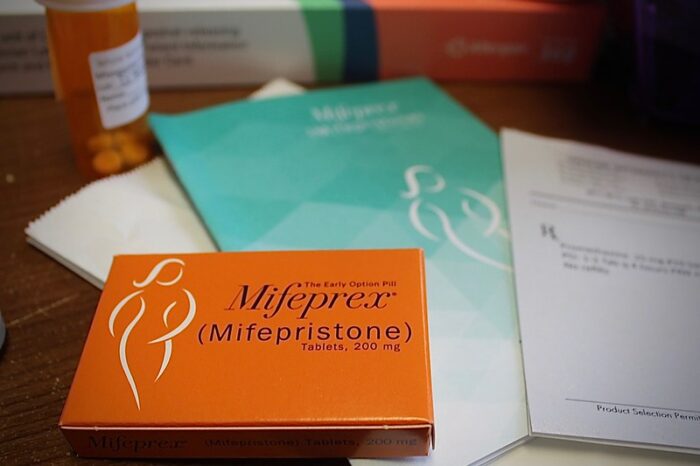
This week an article attacked Irish doctors who offer medical assistance to women who have taken abortion pills and then changed their minds before the effects were final. The article contains a number of claims that need to be challenged. A chemical abortion consists of two separate pills: the first, called mifepristone, blocks the effects...
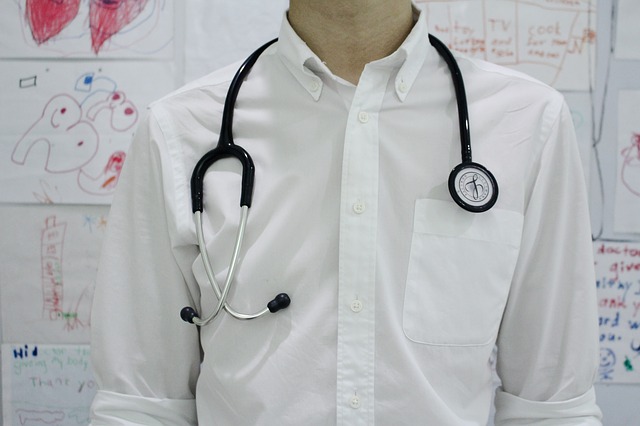
In a previous blog I discussed an article published in the New England Journal of Medicine (NEJM) that debates certain principles for allocating scarce medical resources during a pandemic. The authors propose four main values that can be useful when there is a shortage of resources. They are: 1. Maximize the benefits; 2. Treat people equally; 3....
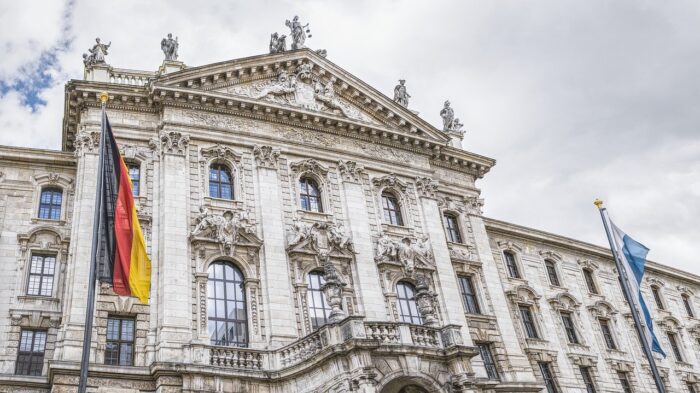
In both Germany and France, judges have ruled that a ban on public worship in response to the pandemic is disproportionate and a violation of rights. The judges were aware of the need to protect public health, but believed this could be done without a total ban. The German Federal Constitutional Court, on April 29th,...